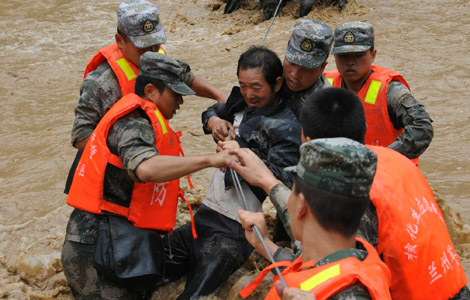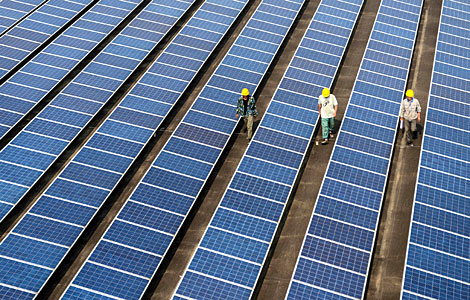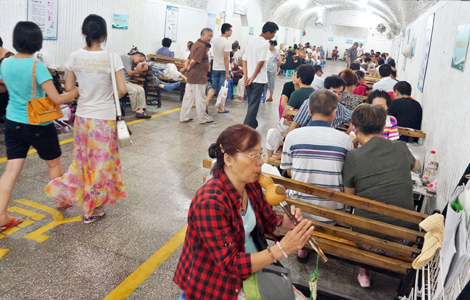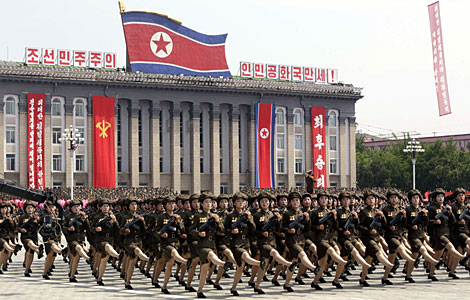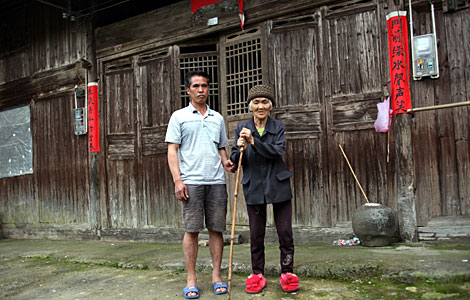Abe seeking to win over ASEAN nations
Updated: 2013-07-29 01:22
By Pu Zhendong (China Daily)
|
||||||||
Region is emerging as new economic and strategic focus for Tokyo, experts say
Southeast Asia is emerging as a new strategic and economic focus for Tokyo, which is eager to dilute Beijing's influence in the region, said experts commenting on Japanese Prime Minister Shinzo Abe's recent visit to Malaysia, Singapore and the Philippines.
The three-day trip, which started on Thursday, came days after Abe's ruling coalition sealed a decisive victory in elections for the upper house of Japan's parliament, or Diet. It is also Abe's third visit to Southeast Asia since taking office in December.
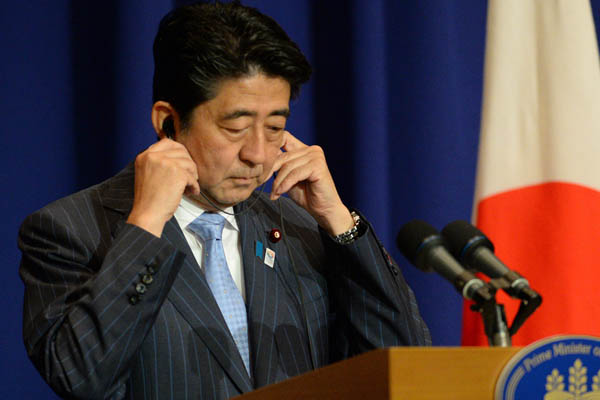 |
|
Japanese Prime Minister Shinzo Abe pledges continued support for Philippine maritime forces in Manila on Saturday. [TED ALJIBE / Agence France-Presse] |
Observers said an anxious Abe is trying to seek a diplomatic breakthrough in Southeast Asia in the face of deadlock with Beijing and Seoul, and the three countries on his itinerary — Malaysia, Singapore and the Philippines — represent the three pillars of Abe's diplomacy: the economy, strategy and the military.
According to Lian Degui, deputy director of the Japanese Studies Center at the Shanghai Institutes for International Studies, Japan eyes member states of the Association of Southeast Asian Nations as important economic partners that are subject to its political influence and considers the region critical to its security concerns.
"China has surpassed Japan as the most important economic partner for ASEAN countries over the years, while Japan is trying to sow discord within this growing positive momentum between China and ASEAN by wooing related countries through so-called value-oriented diplomacy," Lian said.
Deepening economic cooperation was said to be at the top of Abe's agenda. During his brief visit, he signed a series of economic cooperation contracts and reached agreement on promoting Trans-Pacific Partnership trade negotiations with related countries.
However, observers said that behind Abe's urgent economic demands are more important strategic objectives regarding Southeast Asian nations.
"Since countries like Singapore and the Philippines do not have much of an economic connection with Japan, the whole economic rhetoric is there to disguise Abe's political intention, which is containing China by diluting China's influence in the area," said Zhang Ji-feng, a researcher at the Chinese Academy of Social Sciences.
During his meeting with Philippine President Benigno Aquino III in Manila on Saturday, Abe pledged continued support for Philippine maritime forces by providing a concessional loan to build 10 coast guard patrol boats.
Most Viewed
Editor's Picks

|

|

|

|

|

|
Today's Top News
Latest US-China talks should smooth the way
Audit targets local government debt
30 people killed in Italy coach accident
Brain drain may be world's worst
Industry cuts cloth to measure up to buyers' needs
Reckless projects undermine the prosperity hopes
Financial guru looks to nation's future
China's land market picks up again: report
US Weekly

|

|

